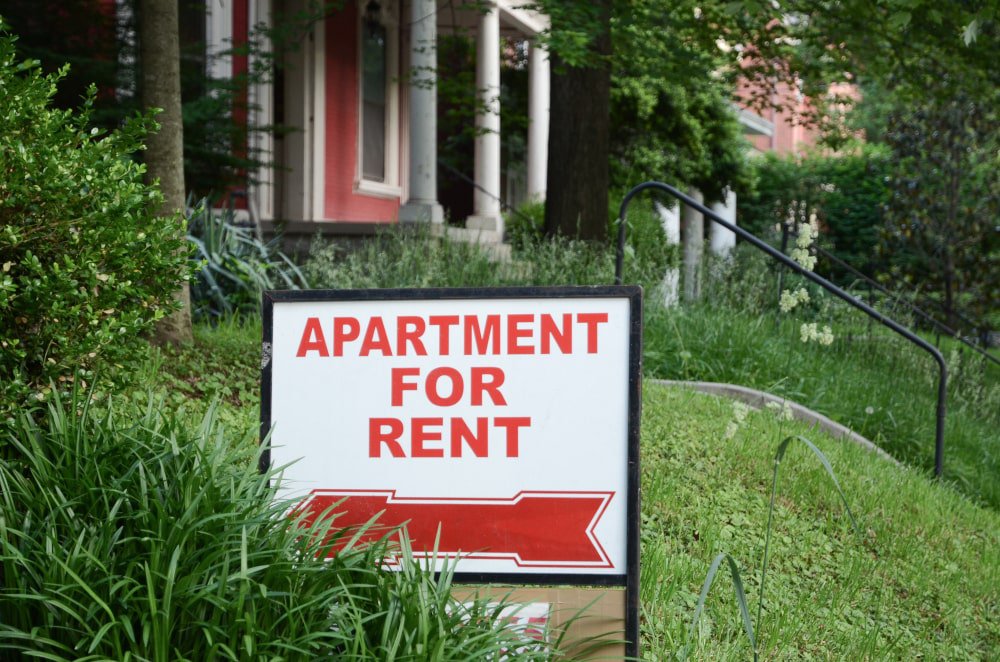How Do You Get a Mortgage for a Rental Property?

What is a Rental Property?
Rental property is a term used to describe real estate bought by an investor and rented out under a lease or contract. The goal of a rental property is to generate income for an investor, either through rent payments from tenants or through an increase in value upon sale.
Residential rental properties are homes owned by investors that are leased out to tenants who life in the properties. In order to be classified as a residential property, the land must have been zoned specifically for people to reside upon it. Residential rental properties can range from multi-level homes to apartment complexes.
With certain lenders, once you own five or more residential units, you can no longer qualify for a residential mortgage with those lenders. Fortunately, we work with many lenders who do not limit the number of residential properties or units an individual owns.
Commercial rental properties are buildings owned by investors and leased out to businesses instead of tenants. Commercial mortgages tend to have stricter requirements and higher rates.
While commercial rental properties can be a great real estate investment, they are not the main focus of this article. For more information on how to obtain a mortgage for a commercial rental property, check out our blog post on the 2022 commercial real estate market .
With residential rental properties, most investors intend to use the rent paid by their tenants to make their monthly mortgage payments. This system allows rental properties to essentially pay themselves off in many cases. In some cases the monthly rents do not cover all costs associated with the property, and the owner needs to pay out of pocket for that portion of the expenses.
One potential risk associated with owning an investment property is that you are still obligated to make your mortgage payments, property taxes, and other fees even if your tenant does not pay you. For this reason, being a landlord goes far beyond simply buying a house. You need to employ strong tenant screening and management policies in order to fulfill the requirements of your investment and your mortgage.
Another major advantage of rental properties is that they can serve as a tax-shield. Property taxes, rental property insurance, utilities, and repair costs are just a few of the expenses incurred by investors that can be written-off and deducted from income taxes in many cases.
Getting a Mortgage for Your Rental Property
Obtaining a mortgage for your rental property may seem like a daunting task, but it can often be surprisingly simple. Like with any other mortgage, your lender will offer you a loan if your credit score, debt ratios, and current income are up to par. With rental mortgages however, you may also have to provide proof of tenancy or market rental rates. The amortization period for rental properties is often shorter than that of a typical mortgage, as investors can use rental income to pay the loan back at a faster pace.
When acquiring a rental property, you may also want to consider the size of your down payment. While the typical minimum down payment on a rental mortgage is 20%, you may be able to qualify for a down payment as little as 5%.
If you are applying for a residential rental mortgage, your purchase price is under CAD 1 million, and you live inside one of the units of the property, and the property has up to 4 units, you might be able to qualify for a down payment of 5-10%, depending on the purchase price of your property.
In the scenario above, if the purchase price is under CAD $500,000, and you qualify for a high-ratio mortgage, then you only need to put down a 5% down payment. If the price exceeds CAD $500,000 and is below $1,000,000 you must put down 5% of CAD $500,000 and 10% of the amount exceeding CAD $500,000.
If you do qualify for the high-ratio mortgage option, and your down payment ends up being less than 20% of your property’s purchase price, then you will need to purchase mortgage loan insurance. The Canadian Mortgage and Housing Corporation (CMHC) is a government agency that currently serves as the largest mortgage insurer in Canada.
How to Improve Your Approval Chances
Before you can secure a mortgage for your rental property, you need to be approved by a lender. Here are a few steps you can take to improve your odds of getting approved:
Understand the Top Methods of Approval
Before approving you for a loan, your lender will want to verify your debt coverage ratio. Your debt coverage ratio measures your ability to pay off your mortgage debt using available cash flows. By understanding the two most common methods of approval, you can choose a lender that uses the method that is most advantageous to you and increase your odds of approval. These methods are:
- Debt Service Coverage Ratio (DSCR). This method is often used for commercial real estate investors who own at least five units. To calculate your DSCR, your lender will divide your net operating income by your annual mortgage payments. In order to get approved you want to have a ratio of at least 1.1, but the higher your score— the better.
- Rent Inclusion. This method is most common amongst residential rental investors. It involves determining what percentage of your annual income will go towards mortgage payments. For this calculation, a percentage or the expected rental income will be added to your current income when making the calculation. Depending on the lender, some might not consider any of your rental income, and some will consider 50%, 80%, and even 100% of the rental income as income to be added to help improve your debt-to-income ratios. Click here to learn more about GDS (gross debt servicing ratios) and TDS (total debt servicing ratios) .
Prepare Your Documents in Advance
In order to qualify for a rental property mortgage, you must maintain a good credit score and demonstrate sufficient income, both from rental activities and from non-rental means. To increase your odds of approval, it is a good idea to collect and check over your documents before beginning your application, giving you time to amend any errors. You can check your own credit report for free ahead of time and should also take time to gather your lease agreement, rent roll, and your most recent notice of assessment, and any other necessary documents that may be required.
Work with a Clover Mortgage Broker
In today’s mortgage market, many aspiring rental investors are being denied by big banks due to increasingly strict qualification standards. Clover Mortgage has worked with over 50 institutional and private lenders to connect investment property buyers with outstanding rental mortgages. Getting approved for a rental property mortgage can be a difficult process, but Clover Mortgage is here to help . Contact us today to schedule a free consultation with one of our professional brokers!




